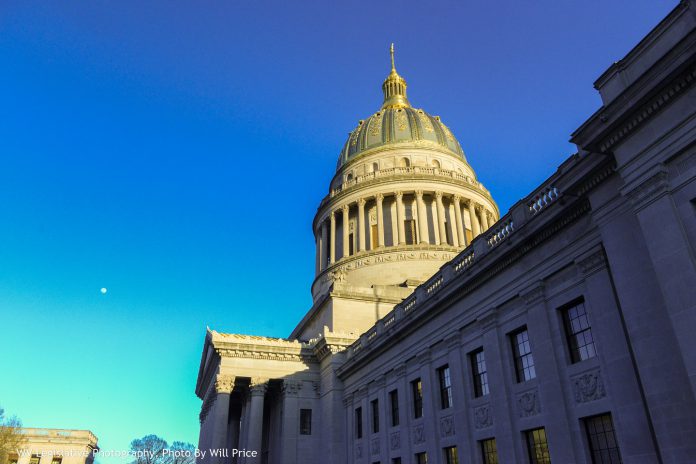As the first session of the 76th Legislature nears the final bell, and the gavels drop on the 2003 Legislative Session, legislators thoughts and energy now shift toward finalizing and passing House Bill 2050, the Budget Bill. Within days of the beginning of the Regular Session of the Legislature, the Governor submitted to the Legislature a budget for the upcoming fiscal year, 2004. The budget contained a complete plan of proposed expenditures and estimated revenues for the fiscal year and showed the estimated surplus or deficit of revenues at the end of the fiscal year.
The Governor hand delivered to the presiding officer of each house the budget and a bill for all the proposed appropriations of the budget clearly itemized and classified. The President of the Senate and the Speaker of the House promptly introduced the bill in their respective houses, which is yearly known as the “Budget Bill.”
The Legislature is not allowed, by the State Constitution, to amend the Budget Bill so that a deficit is created but is within its power to amend the bill by increasing or decreasing any item contained within it with the exception of any item relating to the Judiciary.
If the Budget Bill has not been finally acted upon by the Legislature three days before the expiration of its regular session, the Governor is allowed to issue a proclamation extending the session for any period as may be necessary for the passage of the bill. During this time, no matter other than the Budget Bill can be considered.
This upcoming fiscal year, FY 2004, the Governor’s budget is projected at $3.034 billion, assuming a number of variables and increases in funding transpire. This projected budget is an increase of $104.3 million in total dollars from the Fiscal Year 2003 largely due to a proposed increase in the cigarette tax, projected increases in Lottery revenue and a projected 1.3 percent revenue growth rate for an increase of $36.5 million.
The proposed budget includes $417.9 million in Lottery proceeds which are used to fund essential day-to-day operations within the state government. Also, a majority of state agencies have been asked to reduce spending to help alleviate and offset a bleak revenue outlook. Agencies are also being asked to absorb increases in the Public Employees Insurance Agency (PEIA), the Consolidated Public Retirement Board (CPRB) and premium increases in the Board of Risk and Insurance Management (BRIM) totaling $14.25 million for FY 2004.
The Legislature is now ready to complete the Budget Bill having focused the early part of session on drafting major pieces of legislation. The Legislature’s budget is expected to differ only slightly from the Governor’s version.
Once the House of Delegates and the Senate pass respective versions of the Budget Bill, the bill will go into a conference committee which will allow the conferees, selected by the Senate President and House Speaker, to address the entire bill. The conferees reconcile any differences between the proposed bills and file a conference report containing the finalized bill to the Clerks of each body. The report is then submitted to the respective floors of each body where the members have the final say on accepting or rejecting the Budget Bill.
This is the only bill the Legislature is required by the State Constitution to pass each year. With states across the nation dealing with a national economic downturn, only six states in the last fiscal year ended the year in the black – West Virginia was fortunately one of them. However, the state could not avoid feeling the crunch this year and developing the budget has been quite an arduous task.

